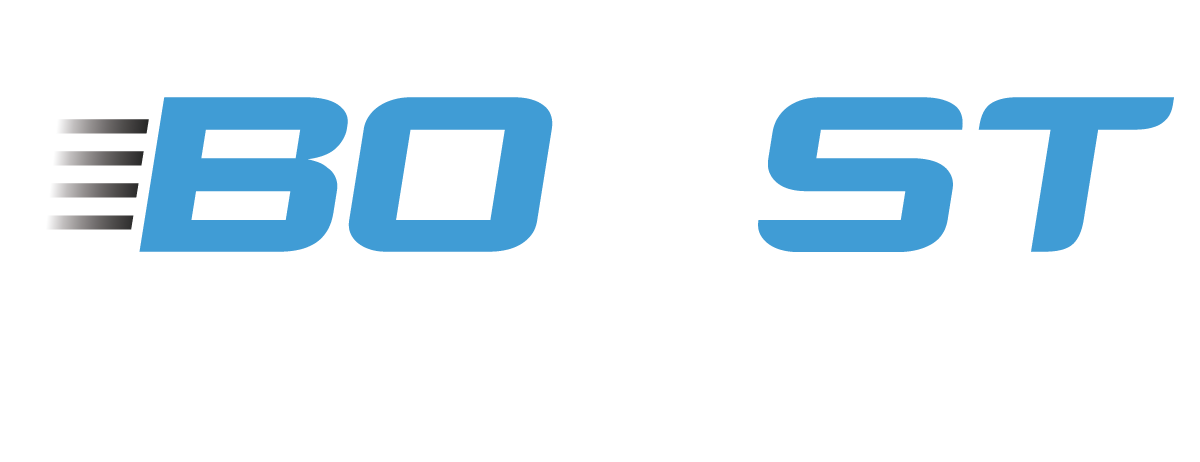It can be scary to be different.
And obviously, different, is a very subjective word that means a lot of different things to a lot of different people.
That's all good and fair, but I really believe that being different is the only way to be great.
I think it's, unfortunately, way to common for everyone to just want to 'fit in'.
This same concept can be seen in hockey.
The best players in the world don't become that way just because of their ability.
I was listening to a podcast the other day where they were talking to Dan Bylsma and he was talking about Sidney Crosby. Everyone knows that Crosby is always in the argument for the best player in the world, but Bylsma came right out and said that Crosby isn't the most talented player in the world. Kind of a shocking statement from a guy that coached Crosby for 6 years and won a Stanley Cup with him. But, he went on to talk about how the real thing that separates Crosby from everyone else is the way he processes information and his work ethic. He said that he has never seen someone be able to process so much information in such a short period of time and then be able to go out and implement it into their game... that's what Crosby does.
He also goes on to talk about his work ethic. He gave an example where in a game there was a bounce off the wall behind the net and Crosby ended up mishandling the puck and not scoring. The next morning, he was on the ice working on the same sorts of plays and within a matter of 10 to 15 reps was as smooth and natural as ever.
Now, does Sidney Crosby need to be doing these things?
Nope... and even if he didn't he would still be one of the best players in the world.
But there in lies the difference of why he is so great. He holds himself to a higher standard. He is willing to be different and do the little things that so many other players brush off and think don't matter.
It's easy to settle, or make excuses as to why you don't need to do something. It's really hard to have the mindset of being different to make sure you get the things that you want.
This whole idea kind of goes back to the old saying, "how hard are you working when no one else is watching?"
People see the stats and the Stanley Cup rings and all the other accomplishments, but I think so many people don't realize the amount of work and sacrifice that it took to get there.
The amount of times that it took him to be different in order to carve his own path.
That's not to say that all you have to do is work really hard everyday and you can be the next Sidney Crosby, because we all know that's not true and there are other variables that also contribute to where he is. But, I can guarantee you that if you put yourself out there and forget about what everyone else thinks you should be doing, then I guarantee you're going to be more satisfied with your results, regardless of what they may be.
I have found this to be completely true in my own life. I've talked about how in high school I started training early in the mornings to get bigger and stronger. It was never something that I had to do, but rather, was something that I knew I needed to do in order to get where I wanted. I remember on multiple occasions going home early on a Friday night because I had a workout the next morning at 6am. It was tough leaving my friends and having them question why I was doing that stuff and think I was crazy. But, looking back at it now, it was one of the best things I ever did for myself.
It's also relates a lot to this blog.
It's scary to be different and put yourself out to the world and be completely honest and transparent. Especially, when there are a lot of people who I know personally who read this blog.
It would be easy to be satisfied with where my life is and my involvement in hockey, but I have always felt, and known, that there was more that I wanted to do.
So I'm pushing my own boundaries by deciding to be different and putting everything I know out there. And so far, it's been one of the best things that I've done.
I don't bring any of this up to come from an annoying "look at me and what I'm doing" standpoint. I'm just sharing my journey in hopes that it might help you get out of your comfort zone and realize that it's a good thing to be different.
I think all to often we have the mindset of just wanting to 'fit in', or just do enough to get by. My hope is for you to realize that there is more out there than you think and it's OK to step out and take a risk for something you want. Don't let the fear control you. It's easy to talk yourself into saying something won't work, but what if you have the mindset of thinking... what if it does?
So what are you willing to do to be different that will help you get to the next level, or achieve the things that you really want?
Leave your comments below and thanks for being such a big part of my own journey.










